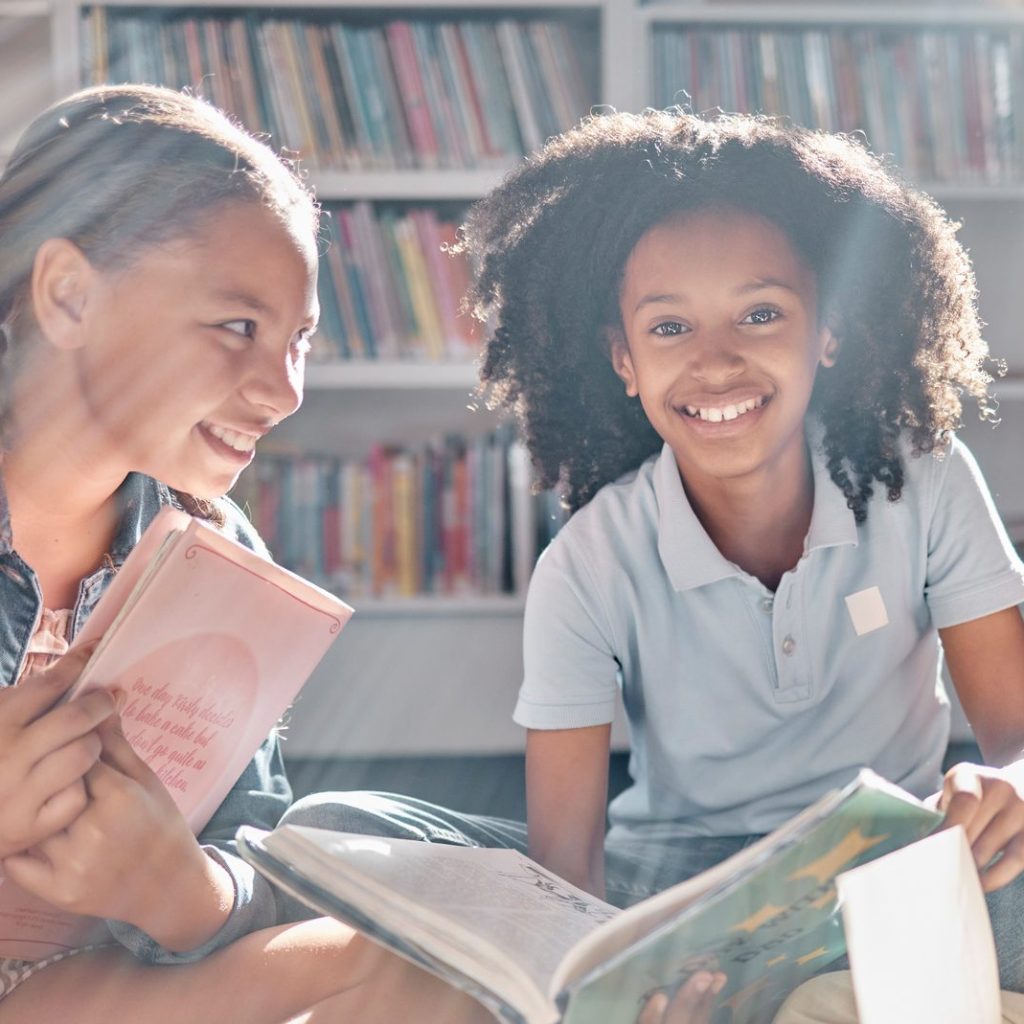988: Continuing to Work
The introduction of the 988 Lifeline has marked a significant milestone in providing crisis support for individuals across the United States. This three-digit dialing code serves as a universal entry point, ensuring that anyone, regardless of their location, can reach a caring and trained counselor 24/7 through calls, texts, or online chat.
The Birth of 988
On July 16, 2020, the Federal Communications Commission (FCC) adopted rules to establish 988 as the nationwide, easy-to-remember 3-digit dialing code. This initiative aimed to provide people in crisis with a direct connection to suicide prevention and mental health crisis counselors. The significance of this move was further solidified on October 17, 2020, with the enactment of the National Suicide Hotline Designation Act of 2020, incorporating 988 into statute as the new Lifeline and Veterans Crisis Line phone number.
Recognizing the need to better support at-risk communities in crisis, including youth and individuals with disabilities, the FCC took additional steps in November 2021. New rules were adopted to expand access to this critical service, introducing the capability to also text 988. This marked a pivotal moment, allowing individuals to seek help discreetly through text messages.
As a result of these advancements, covered phone service and text providers in the United States and the five major U.S. territories—American Samoa, Guam, Northern Mariana Islands, Puerto Rico, and U.S. Virgin Islands—were mandated to direct all 988 calls and texts to the 988 Suicide and Crisis Lifeline by July 16, 2022.
Vision for 988
The 988 Lifeline operates through a network of over 200 locally operated and funded crisis centers. The transition to the 3-digit number in July 2022 marked a pivotal moment, supported by unprecedented federal resources aimed at scaling up crisis centers. While the transition to 988 is a significant step forward, the full vision of a transformed crisis care system will require time and collaboration between states, territories, and the federal government. Read more about the vision for 988 in our previous blog, 988: A Step Forward in Addressing America’s Mental Health Crisis. The sustainable success of 988 hinges on the commitment of leaders at various levels to make additional investments in this critical crisis care system.
The 988 Lifeline, funded by the Substance Abuse and Mental Health Services Administration (SAMHSA) envisions a future where crisis care response systems are robust and comprehensive. The goal is to link individuals reaching out to 988 with community-based providers capable of delivering a full range of crisis care services, including mobile crisis teams or stabilization centers. As the 988 Lifeline continues to evolve, much like the growth of 911 and emergency medical services over the past decades, there is an anticipation of a more rapid transition to meet the increasing demand for 24/7 access to trained counselors. In the long term, the vision is to prevent future crisis situations by connecting people in need to tools and resources.
Addressing Urgent Realities
The urgency for the transformation of crisis services becomes even more apparent in the face of alarming statistics. In 2021 and 2022, the United States witnessed one death by suicide approximately every 11 minutes, with suicide ranking as the second-leading cause of death for ages 10–14 and 25–34 years of age. Suicide rates notably increased among non-Hispanic Black, American Indian, and Alaska Native people, emphasizing the crucial need for crisis service transformation. In addition, more than 950,000 youth aged 12-17 and 1.6 million adults attempted suicide Yet there is hope, the 988 Lifeline helps thousands of people struggling to overcome suicidal crises or mental health-related distress every day. Watch this video that was published by SAMHSA that outlines the impact of 988 lifeline to date.
The 988 Lifeline’s Impact on Mental Health: Video
Joining Forces for Transformation
The success of 988 depends on collaboration between the federal government and states, territories, and local leaders. It is a shared responsibility to build a crisis care system that is responsive, accessible, and capable of meeting the diverse needs of individuals seeking support. Listen to our podcast episode with Dr. Charlie Smith, former Regional Director for SAMHSA, who discusses how everyone plays an important role in our crisis care system. The 988 Lifeline stands as a lifeline for those in crisis, and its transformative potential holds the promise of a more resilient and compassionate mental health support system across the nation. By understanding the vision, challenges, and collaborative efforts required, behavioral health providers can actively contribute to this crucial transformation in crisis care.
Resources
Are you in need of 988 resources? The 988 Partner Toolkit serves as a comprehensive hub for various promotional materials, including content for social media, video, print, radio, FAQs, and messaging. These resources are tailored for states, territories, tribes, crisis centers, communities, emergency service providers, and other partners, this toolkit enables unified communication. Its purpose is to ensure a collective voice, fostering a clear understanding of the 988 Suicide & Crisis Lifeline and its operational dynamics.
References
Federal Communications Commission. (n.d.). 988 Suicide and Crisis Lifeline. Retrieved January 29, 2024, from https://www.fcc.gov/988-suicide-and-crisis-lifeline#:~:text=On%20July%2016%2C%202020%2C%20the,and%20mental%20health%20crisis%20counselors.
Substance Abuse and Mental Health Services Administration. (n.d.). Key Messages: 988. Retrieved January 29, 2024, from https://www.samhsa.gov/find-help/988/key-messages








